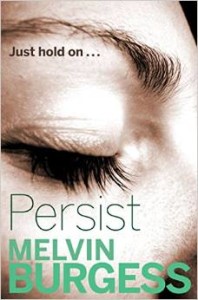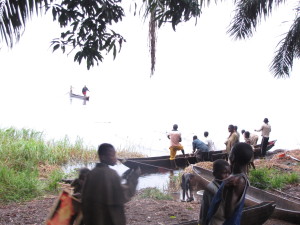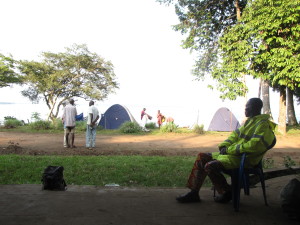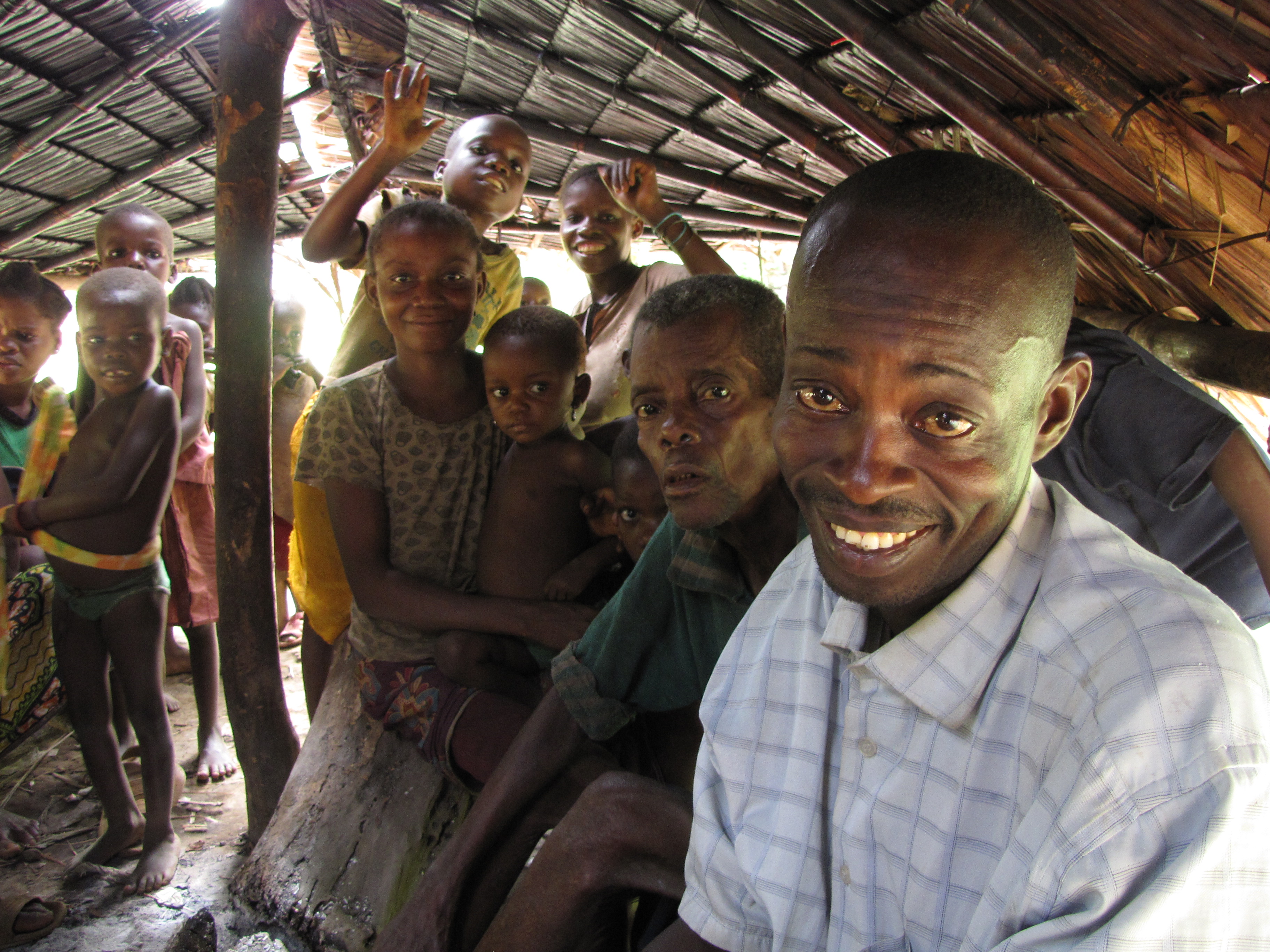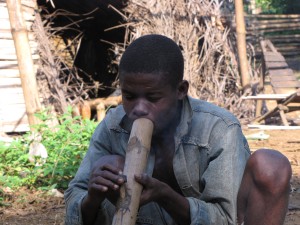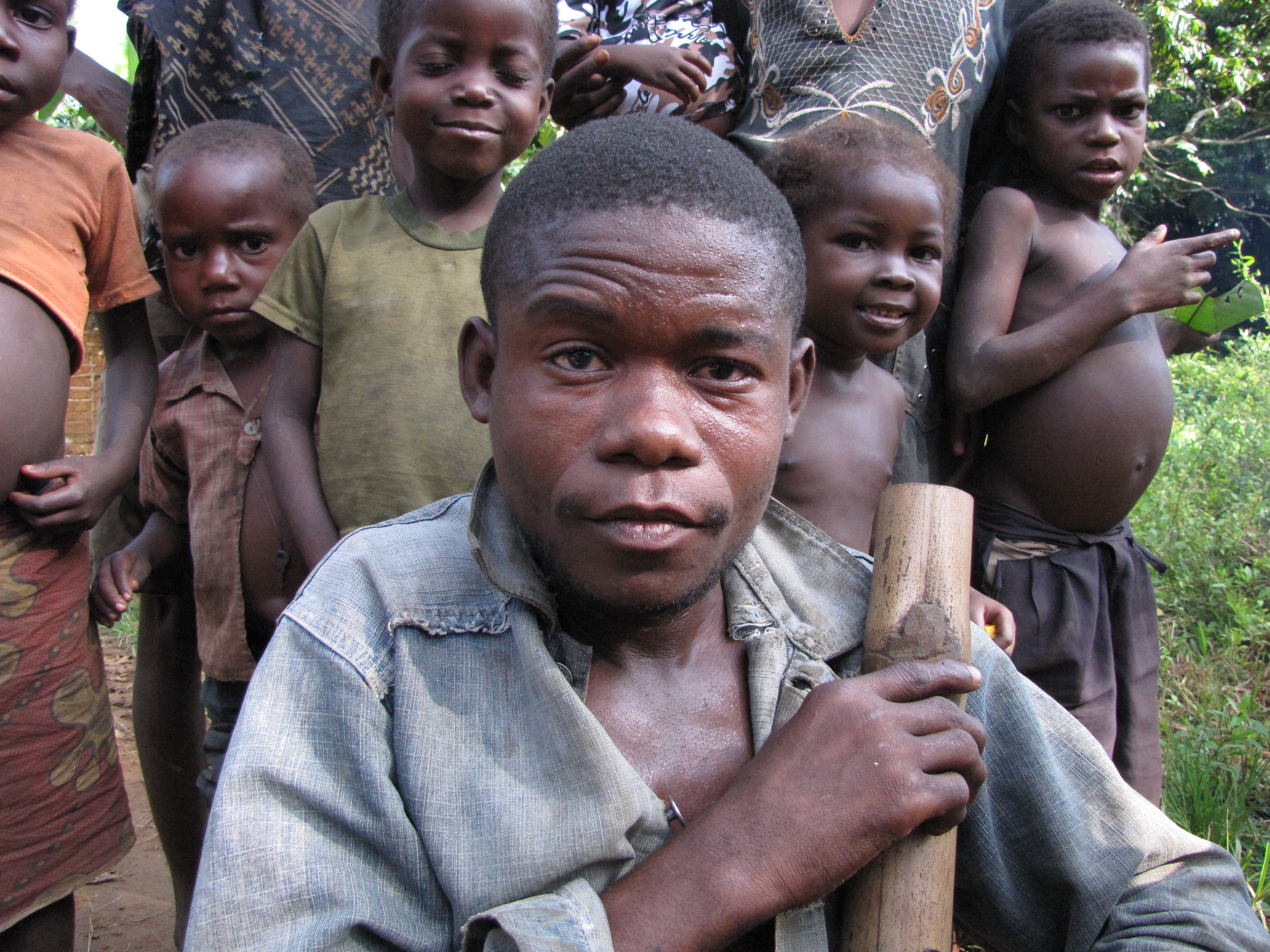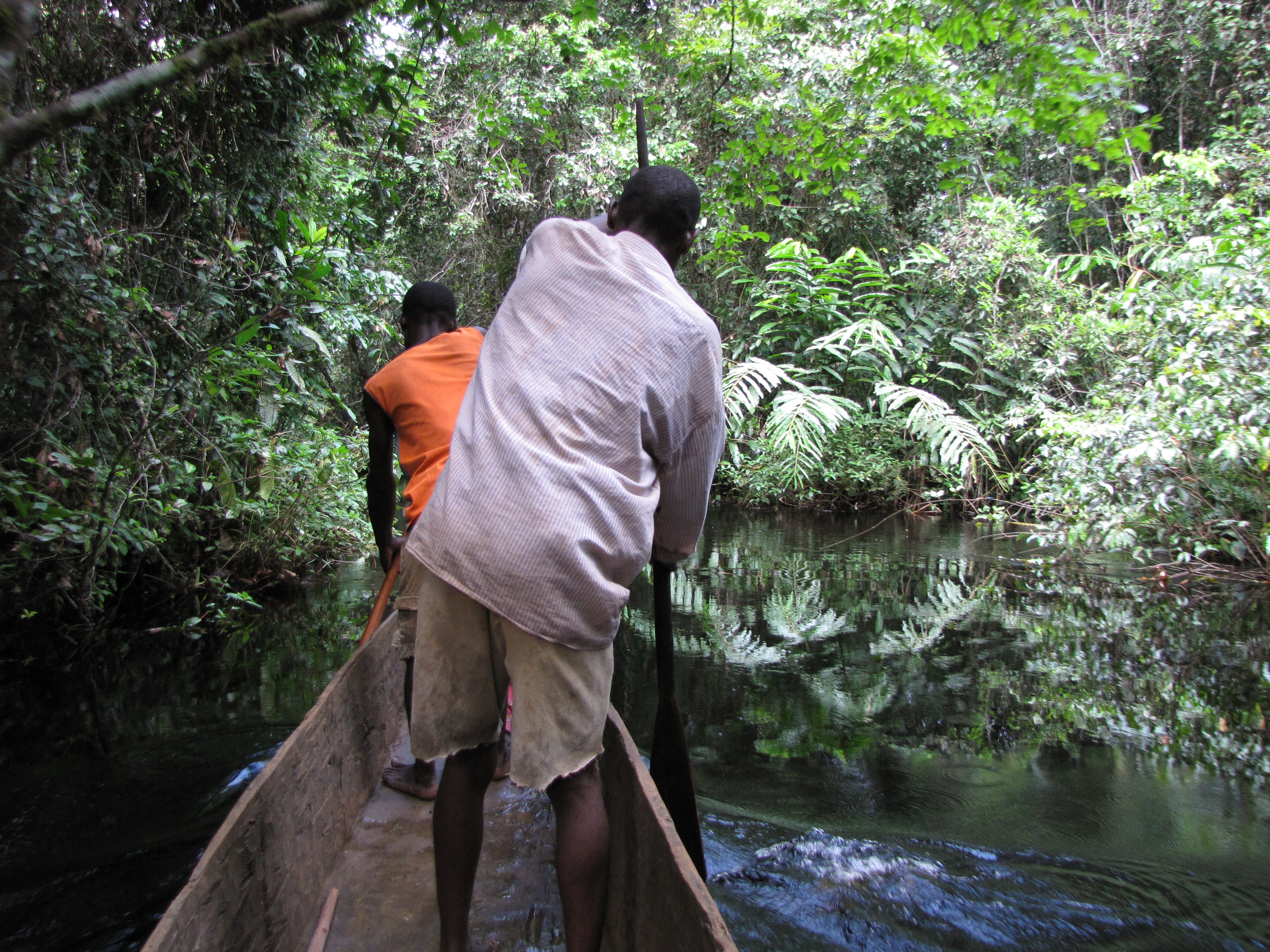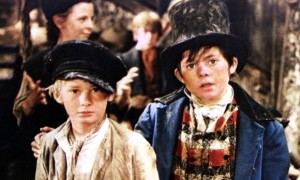 Here’s something interesting out! That rare, rare beast, a YA novel dealing with the sexual abuse of young people. Read Steve Tasane talking about his book, Nobody Saw No One, in Guardian online..
Here’s something interesting out! That rare, rare beast, a YA novel dealing with the sexual abuse of young people. Read Steve Tasane talking about his book, Nobody Saw No One, in Guardian online..
I did a book about this subject myself a while ago, called Nicholas Dane. I remember at the time a librarian saying to me – “Wonderful book, Melvin, but I can’t think of a single child I’d refer it to.” Not long after I had a boy come up to me after a talk on the book and told me that such things still went on … very brave lad.
Only a decade or two ago, this subject was almost totally taboo. It was so shameful, no one wanted to admit either that their child had suffered in this way, and no employer wanted to admit that any member of their staff had been involved. Perpetrators were just moved on – which why these men were able to abuse dozens or even hundreds of boys and girls over the course of a lifetime.
These days we’ve learned to admit that it happens, and discovered to our horror just how common it is. But we still don’t like to talk to young people about, or even discuss with them issues such as grooming. Such a shame! We know now that almost any unattended child is a target for sexual predators, and you’ve have thought that every parent would want their child to understand how paedophiles operate and what their aims are. But taboos die hard. My own book had a brief flourish and then vanished with scarcely a ripple. Since then, the need to empower young people in the face of predators has become even more apparent.
So how much have things changed? As this article points out, Patrick Ness (who incidentally gave Nicholas Dane a very poor review) said, “Good luck pitching that to a YA publisher,” when asked if there could be a YA book about this subject. So hats off to Walker for going ahead with it, and to Steve Tasane for writing it. I hope his book makes a bigger impression than mine did.
